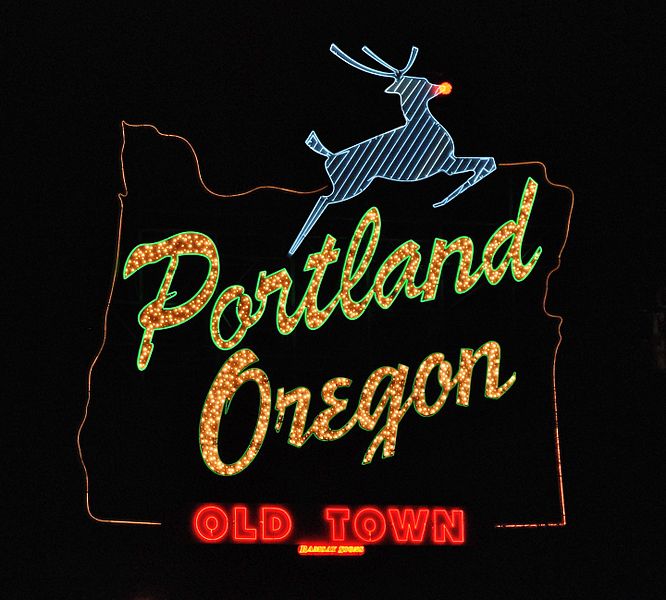Portland Marijuana Rules: The New Draft

As our Oregon clients gear up for recreational marijuana license applications, most of the focus has been at the state level. We recently saw top-down rules from the Oregon Health Authority(OHA) for the re-styled medical program and for temporary recreational sales. We now await rules from the Oregon Liquor Control Commission (OLCC) for next year’s full recreational program. Parallel to these developments but less discussed, have been actions of cities and counties that will issue their own rules on zoning, permitting, and time, place and manner requirements.
Last week, the City of Portland, through its Office of Neighborhood Involvement (ONI), posteddraft rules on “Marijuana Regulatory License Procedure and Requirements.” These rules will affect a significant segment of Oregon’s marijuana industry; that is, all medical and recreational industry players within Portland city limits. To give you an idea of the size of Portland’s marijuana footprint, the city has 148 approved medical marijuana dispensaries per OHA data (compared to 93 Starbucks). Eugene is second with 27 approved dispensaries and Bend has 15.
As I have written before, Oregon is a “home rule” state and cities and counties are allowed to make rules without permission from on high, so long as those rules are not incompatible with state law. Oregon’s omnibus marijuana statute, HB 3400, permits cities and counties to legislate regarding marijuana in various ways, including even opting out from legalization entirely. Nothing in the statute says local jurisdictions can’t require their own permits, make their own zoning laws, or have their own inspections. The sole proviso is that local rules cannot conflict with state law.
The Portland draft rules are both broad and detailed. ONI proposes that the City require a fee-based license for all categories of medical and recreational marijuana businesses, including growers, processors, wholesalers and retailers. All marijuana businesses “must be within a building or structure subject to permit review” and not located in an area zoned for residential use. Medical dispensaries must be located 1,000 feet apart and retailers must be 1,000 feet apart. Doors may be open from 7am to 9pm.
Like the OLCC and OHA, the City or Portland wants biography via a Personal History Form on every program “Applicant,” which it defines as “any individual directly involved in the management and operation of, or has at least 10% ownership interest in the Marijuana Business or Marijuana Dispensary.” This differs from the definition of “Applicant” in the latest draft rules circulated by the OLCC, which define an “Applicant” as “any person or legal entity having a financial interest in the business….” So, the Portland rules require a little less disclosure, but not much.
In addition to the Personal History Form, the City will require: descriptions of each business’ operations and its security plan; proof of a state-issued license; and proof of ownership in the form of a lease or other instrument. For storefronts, a “Control Plan” discussing security and nuisance abatement is required. Growers must provide documentation of permits from the Fire Department and Bureau of Development Services. And finally, delivery of marijuana off-site is not allowed (except as provided for under the existing Oregon Medical Marijuana Act).
After a Community Stakeholder Meeting on September 8, these rules will be considered by the Portland City Council on September 16. The City Council may adopt the rules in whole or in part, according to its charter. After the rules are adopted, and according to ONI’s timeline, the City does not anticipate accepting applications until October 1, 2016 – exactly one year to the day after the early recreational sales program begins. This is good news for marijuana businesses, which will not need to apply with the city unless they first receive a license from the state.
At this time, cannabis entrepreneurs in Portland and elsewhere should focus on influencing local rule-making while opportunities to do so still exist, as these rules will become very tough to change once codified. Ultimately, Oregon pot businesses everywhere should expect local compliance obligations (and plenty of them) in addition to the OLCC and OHA rules. We will continue to update as key developments unfold.
– Vince Sliwoski, for the Canna Law Blog
Attorney with Harris Moure
